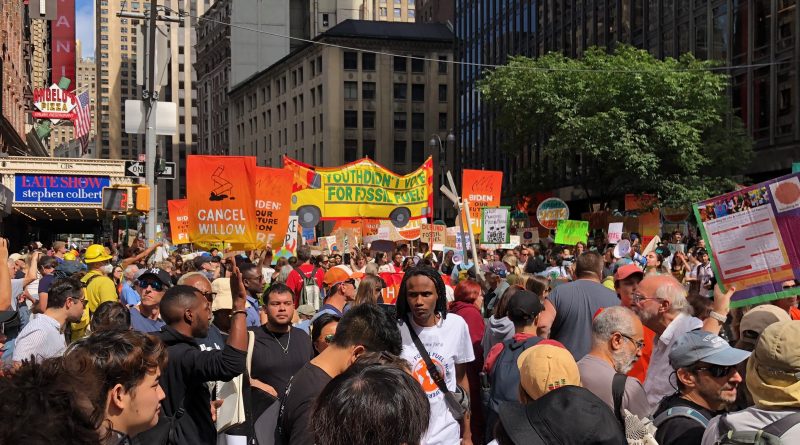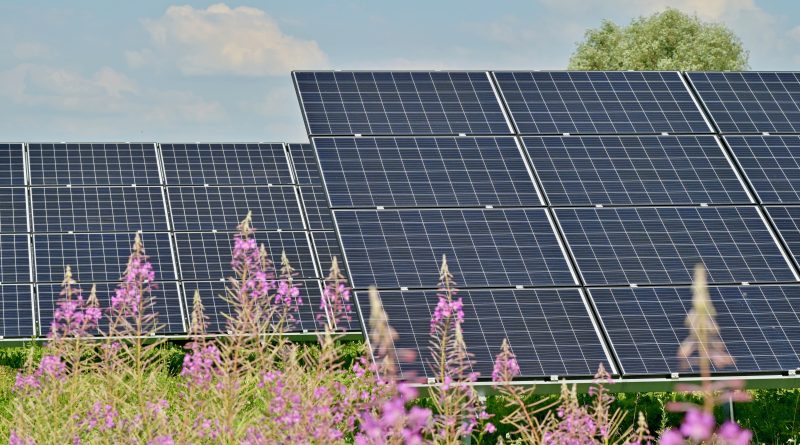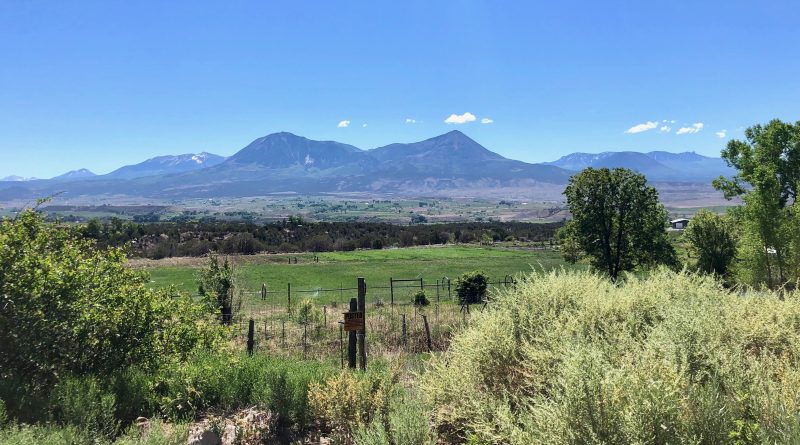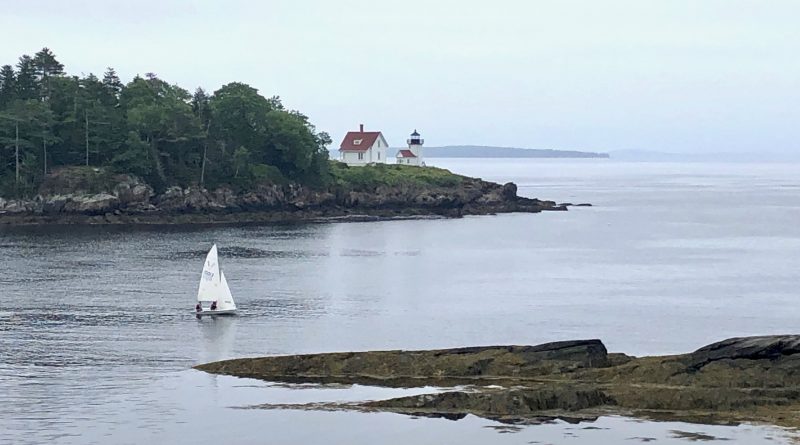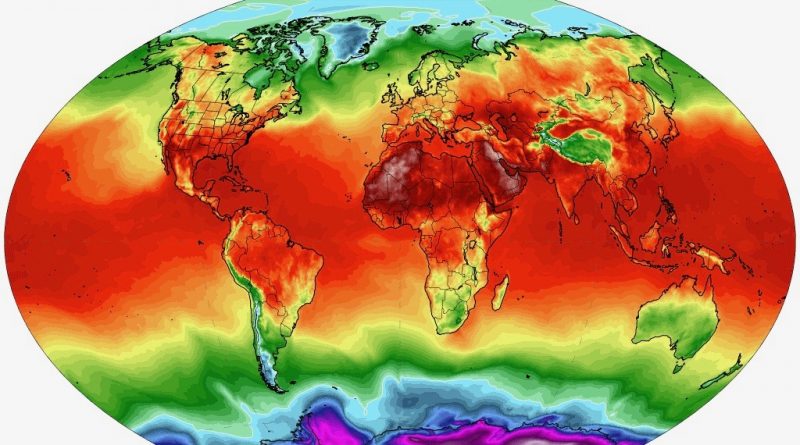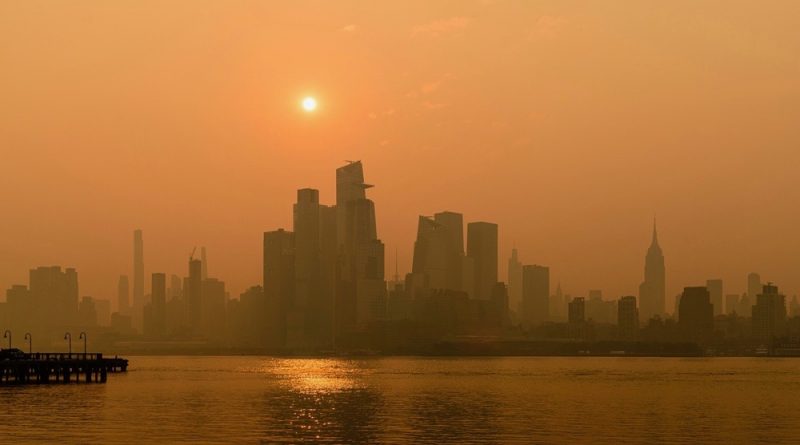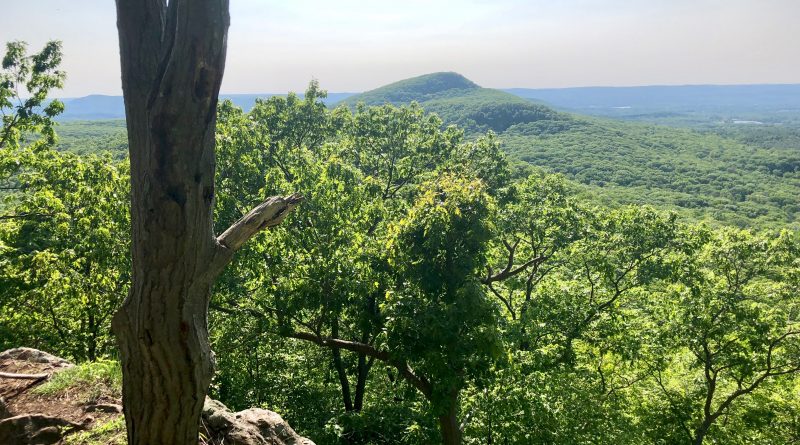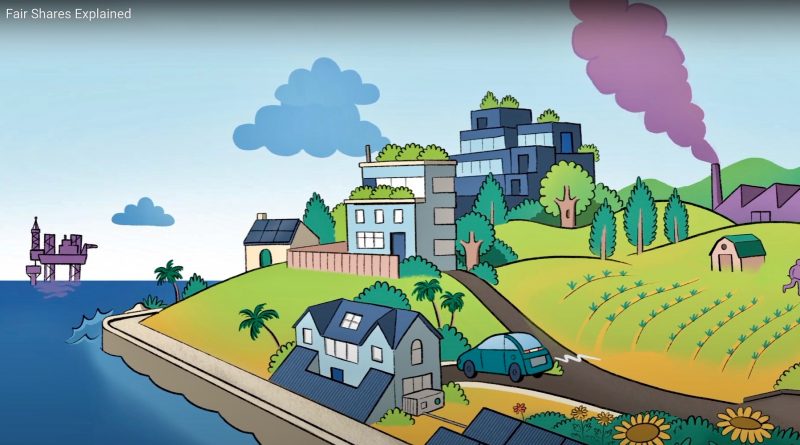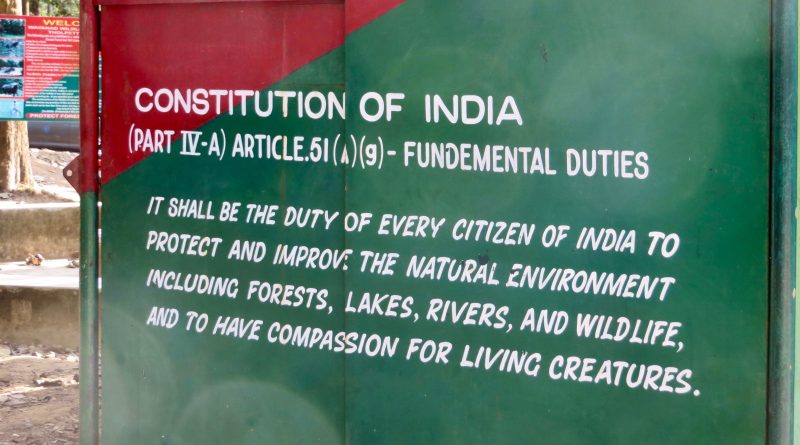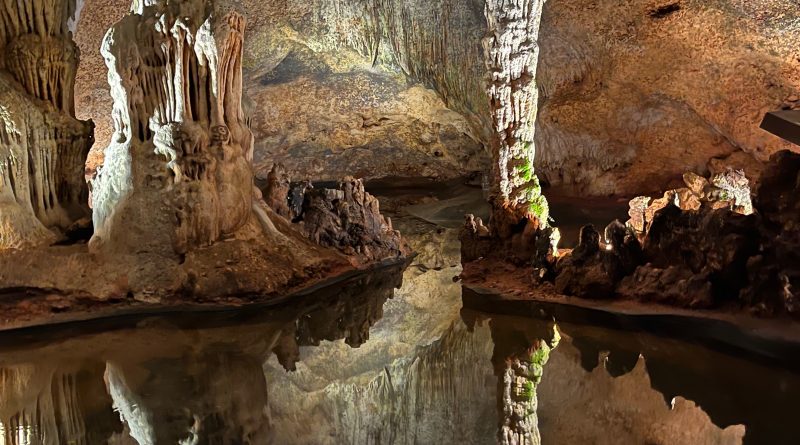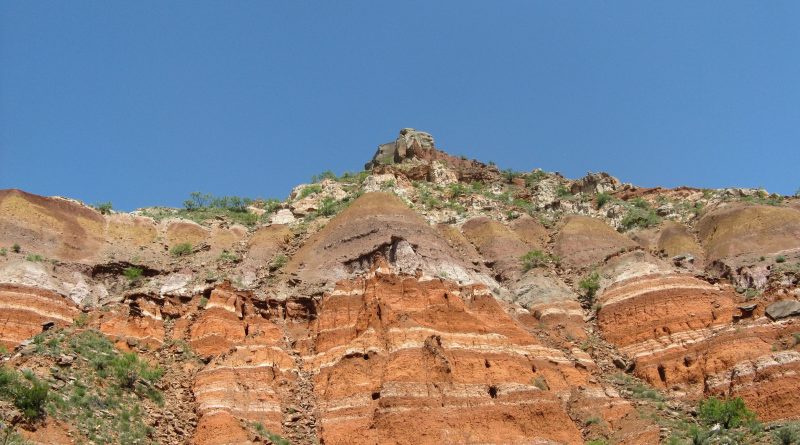When the nations of the world met at the UN climate Conference in Paris in 2015, they seemed ready to settle on a goal of keeping global temperature rise below 2.0°C , but the poor and small island nations kept pushing for a goal of 1.5°C. Countries like Maldives said that 2.0°C was a death sentence for their island nation and many others. Just before the end of the conference the nations committed to keeping global warming “well below 2°C” and “pursuing efforts to limit the temperature increase to 1.5°C above pre-industrial levels.” Ever since then, the 1.5°C goal has been “a symbol of mobilization and hope.” “1.5° has become central to both activist campaigns and scientific analysis,” as Tom Athanasiou, of EcoEquity puts it.
In 2018 the UN scientific body, the IPCC, published a special report comparing the effects of global temperatures increasing 1.5°C versus them increasing 2.0°C. Compared to 1.5°C, at 2.0°C we would see close to three times as many people regularly exposed to extreme heat; we would lose twice as many plant and vertebrate species and three times more insects; the marine fishing yield loss would be two times worse and crop loss more than two times worse, leading to vastly greater food insecurity. Permafrost melting would be 38% worse (emitting more methane) and ice-free arctic summers would be ten times worse. The increases in poverty and climate refugees at 2.0°C would be severe.
1.5°C was a goal that scientists repeatedly said was technologically possible to achieve, but that would require an unprecedented rate of change and political will. A tremendous amount of work on the part of activists, scientists, engineers, politicians, and people everywhere has gone into trying to keep global warming from exceeding that limit.
Despite these efforts, it is now clear that the global temperature increase is going to go over 1.5°C. I do not write this to discourage you or lead you to despair. I write it because I think we need to know the truth and start thinking about what it means. It does not mean the end of the world or that humanity is doomed. It does mean ….
Read more
